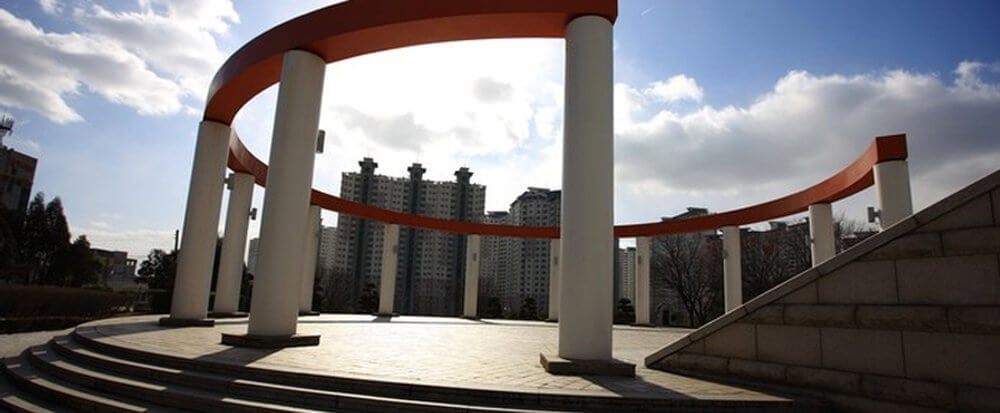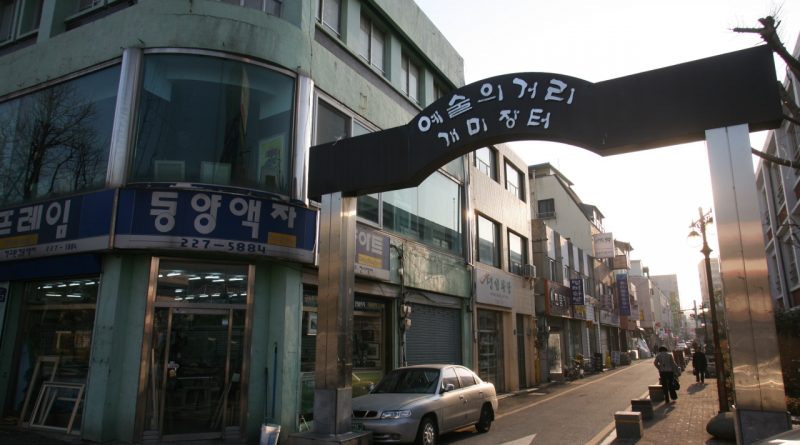Gwangju's Art Scene: Galleries And Museums
Located in the South Korean city of Gwangju, the Gwangju Culture & Art Center is a stunning masterpiece of contemporary architecture, offering visitors an incredible opportunity to immerse themselves in the vibrant culture and traditions of the region.

The center is dedicated to promoting and preserving the arts and cultural heritage of the people of Gwangju, which is known for its rich history and diverse population. With a focus on showcasing the best of Korean art and culture, the Gwangju Culture & Art Center is a must-visit destination for anyone traveling to the region.
Demographics and Culture
Gwangju is a city of about 1.5 million people, making it the sixth-largest city in South Korea. The city is located in the southwestern region of the country and is known for its rich historical and cultural heritage. One of the most notable features of the city is the Gwangju Uprising, which took place in 1980 and was a pivotal moment in South Korean history.
The city is also home to a number of important cultural landmarks and institutions, including the Gwangju National Museum and the Gwangju Folk Museum. The city is also known for its vibrant arts scene, with numerous art galleries, performance venues, and festivals taking place throughout the year.
Tourist Destinations
In addition to the Gwangju Culture & Art Center, there are many other exciting tourist destinations in Gwangju. One popular destination is the Mudeungsan National Park, a beautiful natural area that is home to scenic hiking trails, stunning waterfalls, and breathtaking views of the surrounding landscape.
Another must-visit destination is the May 18th National Cemetery, which serves as a memorial to the victims of the Gwangju Uprising. The cemetery is a somber and moving tribute to the people who lost their lives in the struggle for democracy and human rights in South Korea.
Shopping and Culinary
Gwangju is a great destination for foodies and shoppers alike. The city is known for its wide variety of delicious local cuisine, with specialties like bibimbap, bossam, and kalguksu. There are also countless markets and shopping districts throughout the city, offering everything from traditional handicrafts to high-end fashion and luxury goods.
Some of the most popular shopping destinations in the city include the Gwangju Traditional Market, the Asia Culture Complex, and the Lotte Department Store. Whether you're looking for traditional Korean pottery, artisanal textiles, or the latest fashion trends, you're sure to find it in Gwangju.
Tips
If you're planning a trip to Gwangju, there are a few tips you should keep in mind. First, be sure to check the weather forecast before you go, as temperatures can vary widely throughout the year. Also, be sure to bring comfortable walking shoes and clothing, as the city is best explored on foot.
Finally, be sure to immerse yourself in the local culture and traditions of Gwangju. Whether you're attending a traditional Korean dance performance, exploring a centuries-old temple, or sampling the delicious local cuisine, there's no shortage of incredible experiences to be had in this vibrant and dynamic city.



Post a Comment for "Gwangju's Art Scene: Galleries And Museums"